Welcome to the Good Apocalypse Guide, a Substack by me, Alex Evans, about how we can survive and thrive during the liminal times we’re living through, and unlock a breakthrough rather than breakdown future.
This is the very first issue! It’s free to all, but supported by reader contributions, so if you enjoy it then please consider supporting the work to make it sustainable.
I’ve always been a bit of a closet prepper.
Growing up in the 80s, amid acid rain, ozone holes and nuclear sabre-rattling, I spent hours lovingly assembling a survival kit with a compass, whistle, fishing line and what have you, apparently under the impression this would prove handy during a nuclear winter.
My wife still teases me about the time when news of the 2008 financial crisis broke and I rushed out to panic buy dozens of bags of red lentils, which were still hanging around in the basement when we moved home years later.
Even now, I have a go bag tucked away in the garage in case zombies strike.
But as the years have gone by, these prepper leanings have started to seem less daft and more like… well, a not unreasonable response to the state of the world.
Pandemics; climate breakdown; hyper inequality; threats to democracy; AI driven fake news; record numbers of refugees; mass extinction; the risk of major powers actually going to war with each other. Possibly with nukes.
It’s a lot. No wonder ‘polycrisis’ was a recent word of the year, and no wonder so many of us feel a sense of anxiety and unease about the future.
But - apocalypse? Really?
Apocalypse really?
Sceptics will say that our current situation is nothing compared to cataclysms that our ancestors faced - the Black Death, the Thirty Years War, or 20th century nightmares like the Holocaust, the Killing Fields, or Rwanda’s genocide.
Obviously, they’re right. Billions of us today enjoy lifestyles of historically unprecedented luxury: safe, warm, well fed, able to access anyone or anything with the tiny computers in our pockets.
The truth is, things are getting better and they’re getting worse - faster and faster. The cognitive dissonance is dizzying. Drop kids at school, go to gym, send email, buy coffee, plan summer holiday, oh my God the wildfires.
Risk expert and systems theorist Daniel Schmachtenberger observes that when things are getting worse and better at the same time, it’s a pretty reliable indicator of system instability.
Of things being unsustainable in the simple, matter-of-fact sense that they can’t - and therefore won’t - be sustained.
So maybe it’s no surprise that quite a lot of us have secret prepper leanings. As this graph shared by my friend Elizabeth Oldfield shows, mentions of apocalypses in books are six times higher than they were in 1960, and the highest they’ve been for almost 200 years.
We have apocalypses all wrong
Here’s the thing though: I think we have apocalypses all wrong.
I think they can be much more hopeful, creative, empowering, energising and fruitful than the gloomy stories of collapse that we keep hearing about.
Hollywood tells us (incessantly) that apocalypses are catastrophes, plain and simple. Only rugged individuals survive. How to cope? Stock up on canned food and ammo.
Real apocalypses are much more interesting than that. Yes, they’re moments of extreme turbulence - but they can also be incubators for new futures, that bring out the best of us like nothing else.
Look at what really happens after an earthquake or hurricane. It isn’t the story of mass looting and everyone for themselves that the movies tell us about.
Instead, communities pull together when disasters hit. People are kind. They find meaning, agency and purpose amid the crisis. They look out for each other, often heroically. Connection is a source of strength, not vulnerability.
‘Apocalypse’ doesn’t even mean ‘the end of the world’, for heaven’s sake. Translated properly from the original Greek, it refers to an unveiling or disclosing of things as they really are: a time of revelation.
It’s striking, looking at history, how often moments of existential crisis prove to be moments of incredible insight, discovery, creativity and renewal.
Like how China’s Warring States Period led to the emergence of Taoism and Confucianism.
Or how the Black Death set the stage for the Renaissance, Reformation and Enlightenment.
Or how World War 2 provided the soil from which the UN and the Declaration of Universal Human Rights grew.
Apocalyptic moments can lead to catastrophic breakdowns. But they can also be times of extraordinary breakthrough.
I’ve always been really interested in the question of what tips the balance between the two.
We are what tips the balance
I used to think the answer was about what happens ‘out there’, in the world of policy, finance, emissions, supply chains and so on.
I spent the best part of two decades working on global risks - as a think tank researcher, as a special adviser to two cabinet ministers, in the UN Secretary-General’s office and as a consultant for organisations from Oxfam to the US National Intelligence Council.
The more time went by, though, the more I realised that actually, the future is made ‘in here’ - in our mental and emotional states, our hopes and our fears, the stories we use to make sense of the world.
Because it’s here that our behaviours - everything from what we buy and what we share on social media through to what we demand from our political leaders and how we vote - get decided.
These days, I run an organisation called Larger Us, which I set up in 2018, which works at the cusp of psychology and politics to explore ways of bridging divides and bringing people together - as a ‘larger us’.
Unfortunately, though, my work there frequently reminds me of how it’s often the people who want to do the opposite - turn us into a polarised ‘them-and-us’ - who are most expert at using our states of mind to shape the state of the world.
Look at populists like Donald Trump, Nigel Farage or Jair Bolsonaro; at authoritarians like Vladimir Putin, Narendra Modi or Xi Jinping; or at extremists like the Proud Boys, Hizb ut-Tahrir, or the English Defence League. It’s the same them-and-us playbook, over and over again:
Feed our sense of threat, taking us into a fight/flight state
Prey on loneliness by offering a warped belonging - the kind that’s based on who’s excluded
Create and exploit division, othering and scapegoating wherever possible
Play on shared loss as a source of grievance and rage
Offer hugely resonant stories - especially of a threatening ‘other’
Criticise all you like, but their approach has real psychological depth, speaking directly to our existential fears, tribal loyalties, and the fact that humans make sense of the world through stories. No wonder they’re making such headway, especially among young men.
And they are really good at translating that psychological depth into political impact. Because they know that our thoughts and feelings determine how we show up as citizens. If we show up as they want us to - scared, angry, divided - that makes it so much more likely that we’ll slide into the wrong kind of apocalypse: the breakdown kind.
Want to counter the extremists’ playbook? Try flipping it on its head and seeing what you get. Imagine if more of us were able to:
Steady ourselves in the face of things we find threatening
Feel like we belong and are valued in spite of our shortcomings
Recognise what we share in spite of all the things that make us different
Find agency, purpose and hope in times of shared loss
Share deep stories of who we are and where we’re going - stories of connection, hope and joy
It would be good news for our mental health, to start with, given that we’d be far better able to cope with what life throws at us during this turbulent time.
But more fundamentally, it would be great for the health of the democracies that we’re part of - because capabilities like these add up to the kind of playbook that creates a larger us rather than a them-and-us.
We’d be better able to come together and bridge divides.
Our ‘circles of compassion’ would extend further - opening up political space for very different approaches to all kinds of issues.
And maybe we’d start to tip the balance away from the breakdown kind of apocalypse… and towards the breakthrough kind.
The religion shaped hole
Here’s what really jumps out at me when I look at the list above: it’s a pretty good description of what religions have historically been all about.
Religions have always lived at the cusp of our inner and outer worlds, sprawling across the boundary between the individual and the collective. They’re a unique kind of institution, with a uniquely important role.
None of which is to say that religions have always done a good job of it. On the contrary.
Millennia of prejudice against women. Centuries of complicity in colonialism and slavery. Dogmatism and self-righteousness combined with too many sexual abuse cover-ups to count. Not to mention new forms of fundamentalism, in almost every major religion, and how they’ve led to intolerance, extremism, terrorism, and war.
But when religion gets it right, it can be the most transformative force on earth. Look at Gandhi’s satyagraha movement, say, or the US civil rights movement - and how both of them were grounded in religious belief and practice.
The fact that they straddled the line between inner and outer was exactly what enabled them to invite members of the movement not just call for change but be the change they want to see in the world.
And it’s during apocalyptic moments that religions matter most - because it’s when everything is falling apart that being able to steady ourselves, hold together, navigate shared loss and tell stories of unity, purpose and hope become really essential.
Whether you love religion or loathe it, then, the fact that it’s in full retreat in so many countries around the world is a huge deal.
Religious observance has been falling off a cliff in recent decades. It’s a trend we see not only in virtually every high income country - including the United States, by the way - but also many poor countries and former communist states.
This is increasingly creating a ‘religion shaped hole’ in society, creating opportunities aplenty for the extremists, and posing a lot of fascinating questions for those of us - and there are a lot of us - who want to work together to build a kinder, more hopeful future for us and our kids.
Whose job is it now to support us in developing capabilities like those listed above, if not religions?
Can ‘pretenders to the throne’ - psychology, activism, education, the whole ‘spiritual but not religious’ scene - offer new forms of meaning and belonging in their place?
Can religions overcome their sins of the past, and will this set the stage for a comeback?
And can any or all of this come together in time to unlock a breakthrough future in our current apocalyptic moment?
So that’s what this Substack will be all about. Thanks for reading - it’s lovely to have you here! I’ll be back with the next edition in another two or three weeks. In the meantime, if you’ve enjoyed this, please do share it with someone else, or consider signing up for a paid subscription, which will help block out more time for working on this.

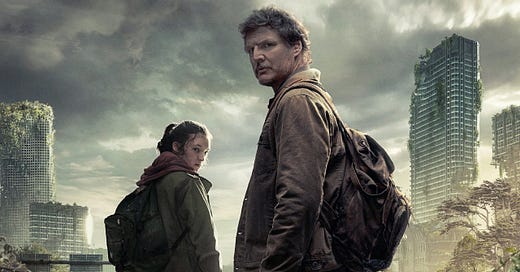





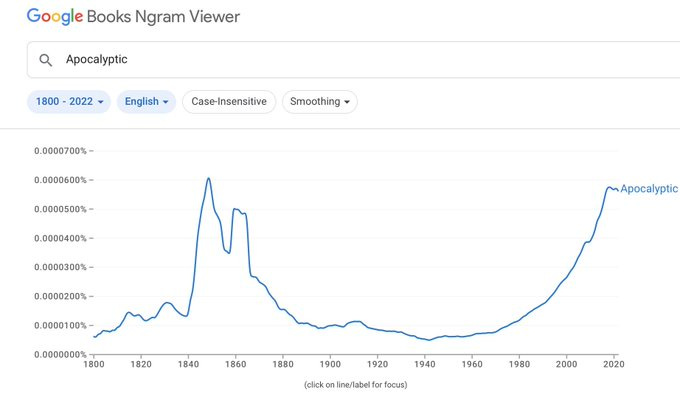
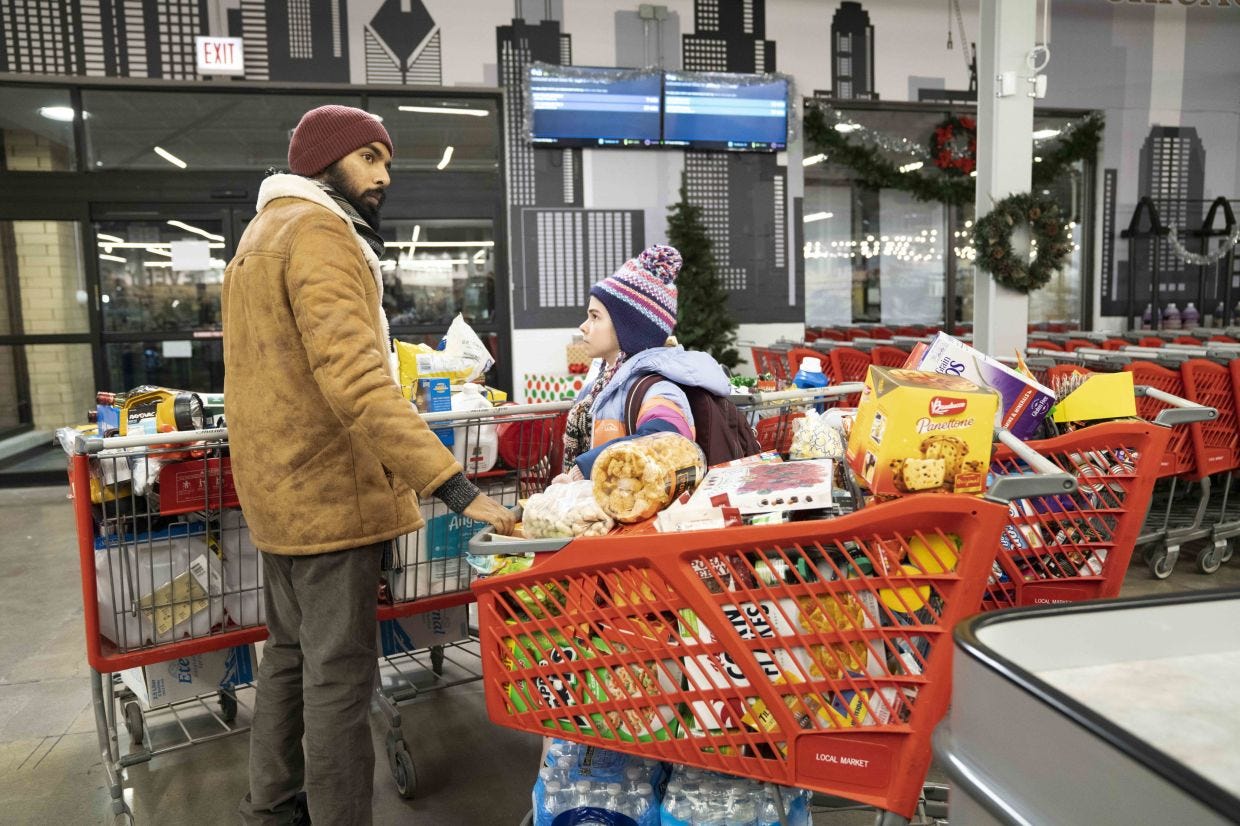
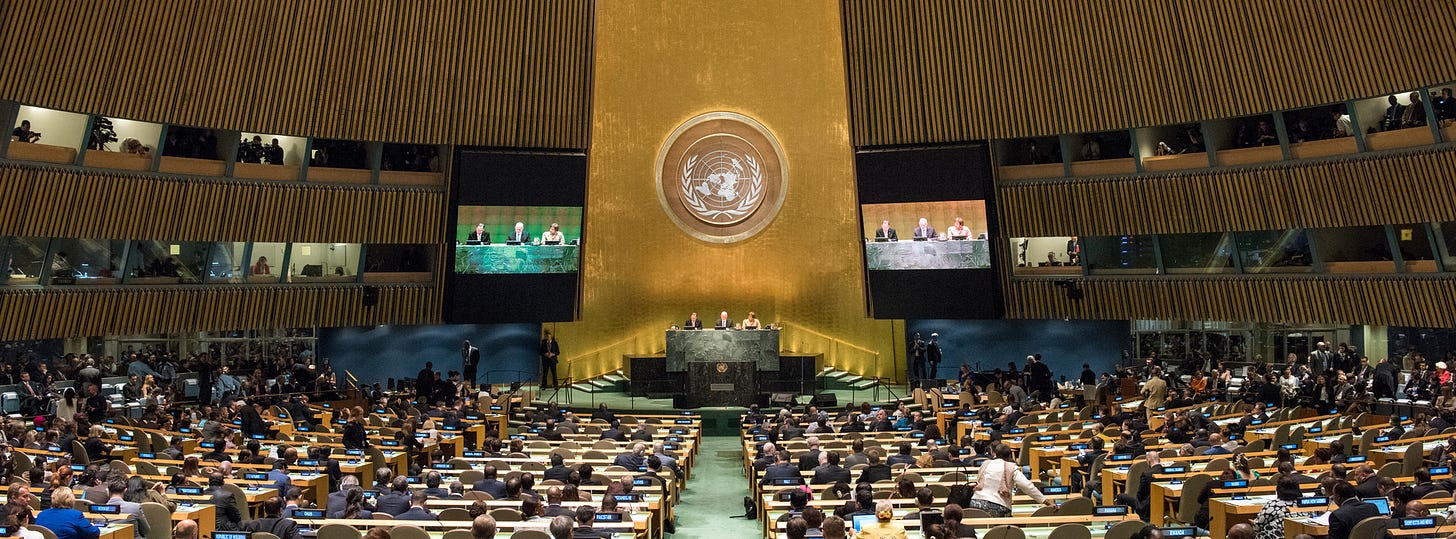
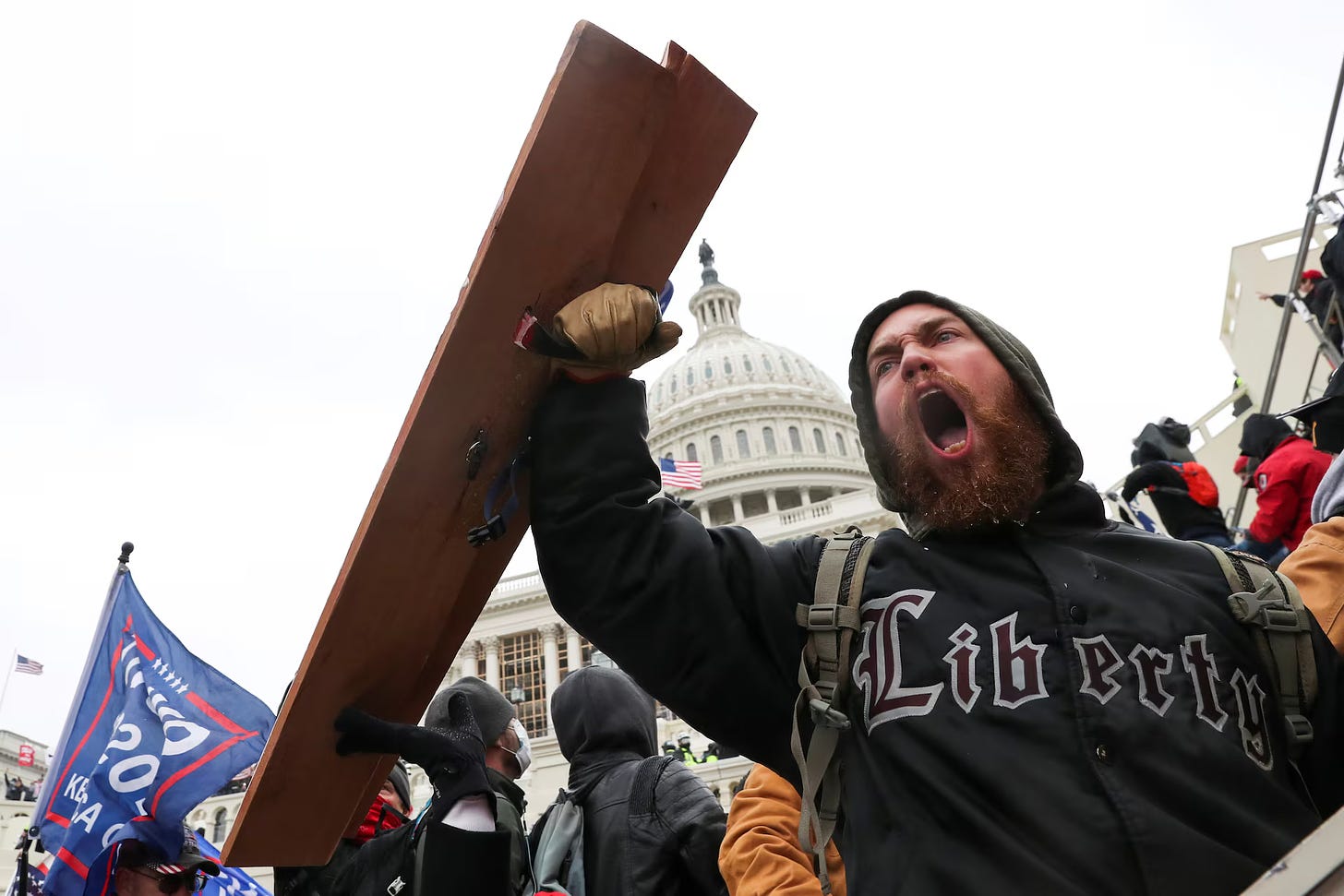
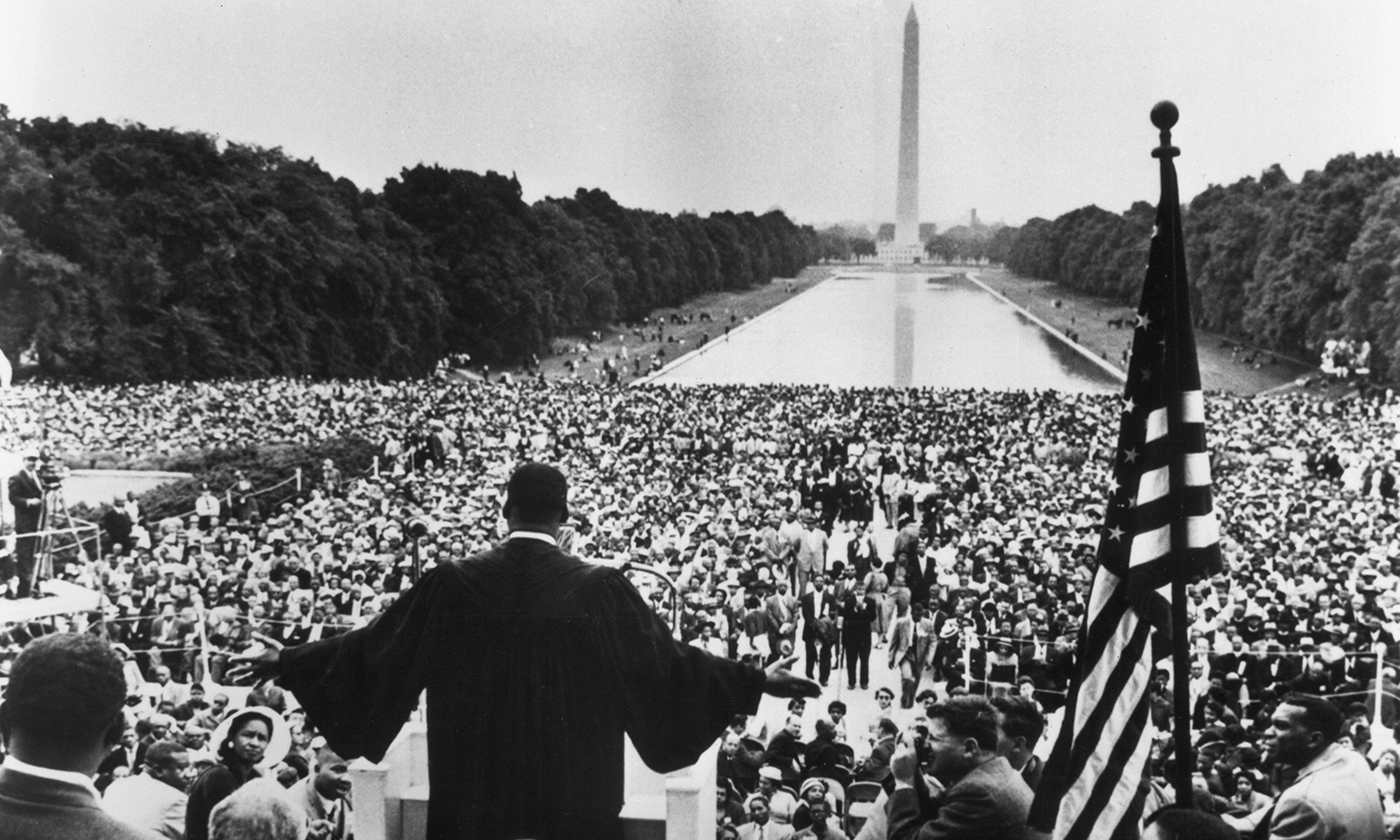
I, personally, think people require some source of faith in order to persevere. Not sure you can remove the religious or spiritual elements or God from the equation. Generally, there is a reference to something transcendental — something beyond ourselves. No way to sanitize it.
God or gods have been part of the equation since the earliest civilizations were established.
And at the same time, organized religions are responsible for death, genocide, oppression, slavery, etc. I feel it’s a bit of a double bind — no way around and no way out.
A few select quotes from Sam Harris, The End of Faith
Religion - like nationalism - is a neurotic response to reality. ✔️ Yep. definitely can be.
Humanity has invented myriads of reasons to kill one another, and the belief in God is only one of them. But it is, inarguably, the most deeply revered. ✔️ Yep.
Religion has fundamentally failed to address the emerging bane of our civilization: the prospect of nuclear warfare. ✔️ Yep.
As long as religious tolerance does not grant Indians the freedom to convert to Christianity or Islam, it is not the value Western liberals imagine it to be. ✔️Yep.
Reason and humility require that we keep an open door of our tolerance open to every sane person who steps out of a religious community, leaving only its unhinged believers behind. ✔️ Yep.
But, then, these quotes from Harris from the same book are a bit disturbing:
The only solution to the problem of Islamic terrorism is to abolish the faith that creates it.
There are individual Muslim women who share [the] yearning for spiritual purity, but their charity and sincerity are not enough to lend 'divinity' to a system that is unwittingly pressing humanity into the brink of destruction.
Wonder what you think of Sam Harris. Have you read this book? My only exposure is through the podcast, Decoding the Gurus. The hosts are quite critical of Sam Harris as I recall. I’d have to relisten to podcast to know the nature of the critique.
Here’s two of their episode if you’re interested:
https://decoding-the-gurus.captivate.fm/episode/sam-harris
https://decoding-the-gurus.captivate.fm/episode/sam-harris-right-to-reply
I love the hopefulness you give us explaining that an apocalypse will reveal what we need to know. I see politics as becoming the vehicle for all these wonderful things that religion also can provide. Just last night I watched a special YouTube live event hosted by Oprah and with Kamala Harris. Your 5 item list was clearly used to structure the entire program! @matthewburdette has some really good thoughts on this. https://open.substack.com/pub/matthewburdette/p/we-no-longer-know-what-a-human-is?r=3n812o&utm_medium=ios